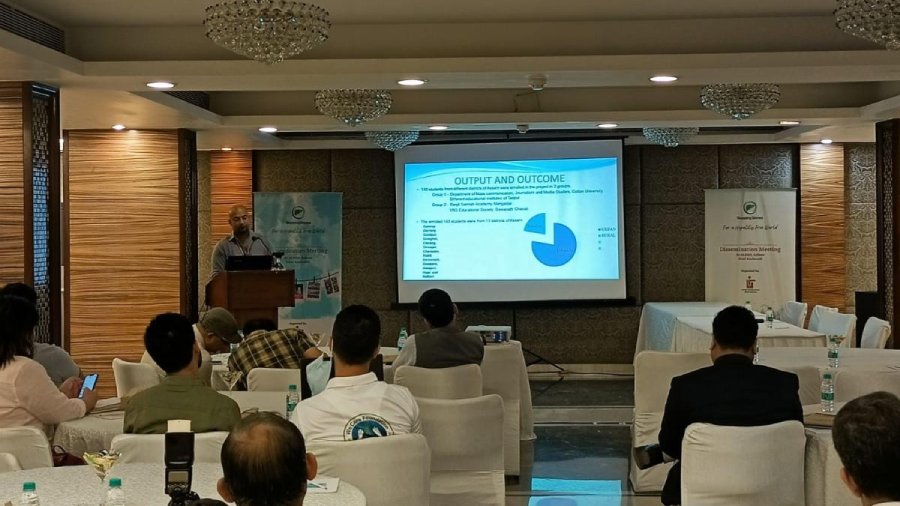Patient support groups can provide both useful information about the disease and also give the mental strength to fight the stigma that patients of viral hepatitis still have to encounter, doctors and patients said at a conference on Saturday.
They said Covid proved that if common people had knowledge about how a disease transmits, they would take measures to protect themselves.
“Patient support groups are very important. Many of the members of the groups are people who have lived through the fear, the stigma and are now living a normal life like any healthy person,” said Partha Sarathi Mukherjee, the secretary of Liver Foundation, an NGO that works to eradicate liver diseases.
The Liver Foundation has carried out a year-long exercise to educate students in Assam, Meghalaya, Sikkim, Tripura and Bengal about viral hepatitis.
Soumen Basu, a hepatitis B patient who was diagnosed with the disease in 2012, is now an active member of a support group.
Basu gave an instance of a patient from Bankura who had no idea that he was entitled to get free medicines at a government hospital under the National Viral Hepatitis Control Programme.
“In our WhatsApp group, we told him to visit the nearest government hospital. Otherwise, he would have tried coming to Kolkata to get the medicines,” he said.
Patients, especially newly detected ones, can clear any doubt by speaking with others who have lived with the disease for many years. When it is not possible for doctors to answer every small query, such groups can do that.
The group’s members tell new patients how they have been living a normal life and methods by which the diseases could be kept under control.
The groups can also help dispel misconceptions and misinformation, said Abhijit Chowdhury, a hepatologist and founder member of the foundation.
Doctors said the most common causes of transmission of hepatitis B and C were through contact with blood and other body fluids, unscreened blood transfusions and unsafe injections.
